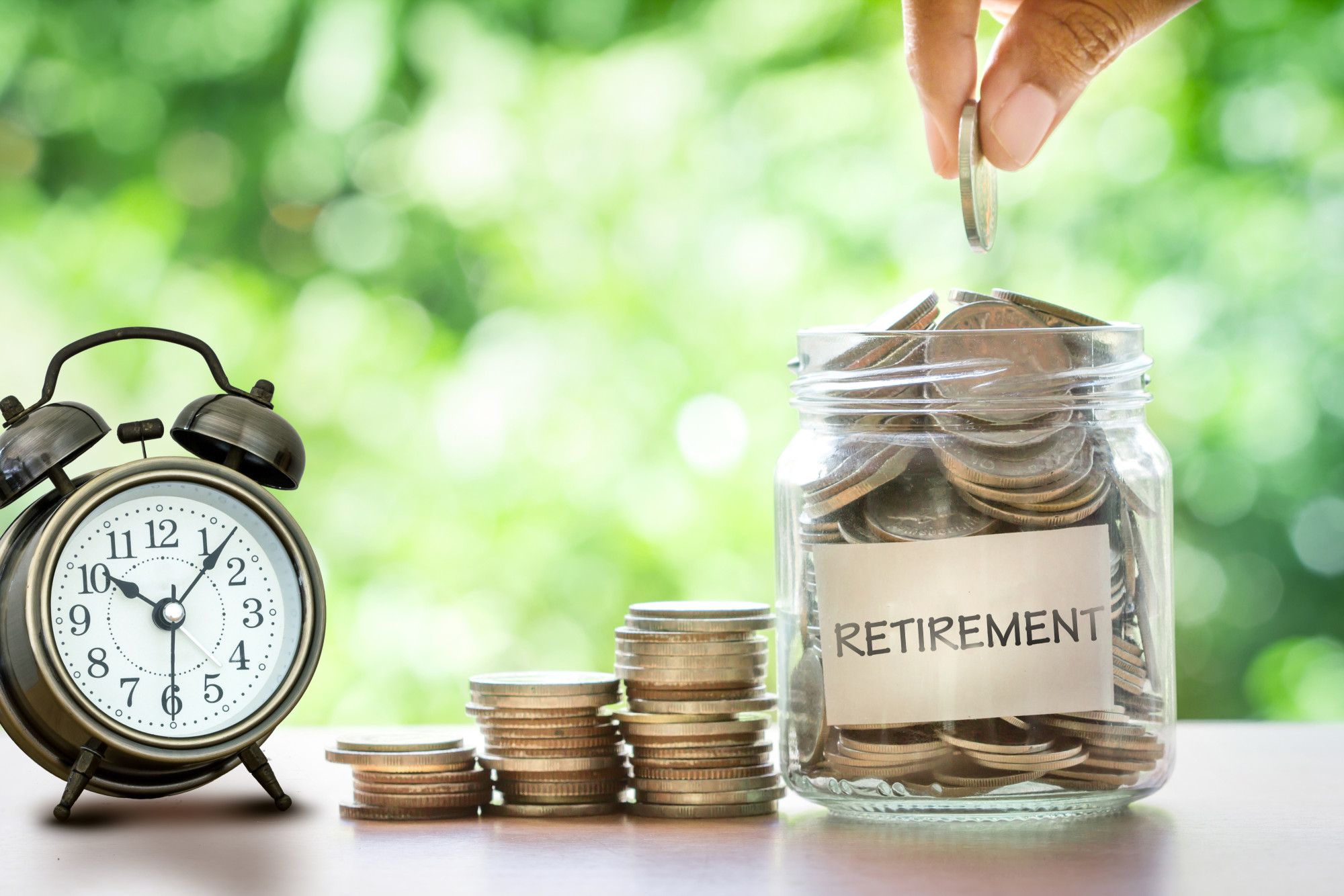
Checking vs Savings Account: Which One Should You Open?
Did you know that the average household in the U.S. made savings of 19% during the 1st quarter of 2022?
As the coronavirus continues to spread across the world, people are taking unprecedented steps to protect themselves. That includes looking for a bank account.
One of the most important decisions is whether you should open a checking or savings account. Each account is designed with a different purpose in mind. So if you are looking to open an account, it is important to know what the differences between a checking vs savings account are.
Read on to learn the difference between savings vs checking account and which one you should open.
Table of Contents
What Is a Checking Account?
A checking account is a bank account in which cash deposits and withdrawals are made by personal check. Most checking accounts also allow for electronic transfers and withdrawals.
These accounts are FDIC insured and typically offer a debit card and online banking just like savings accounts and money market accounts. Checking accounts are the most common type of bank account and are used for everyday transactions.
Before you choose to having a checking account, read this article.
The Benefits of Checking Account
There are many pros to having a checking account, including the ability to pay bills easily and easier access to your money. This is a huge timesaver, as you don’t have to go to the bank to deposit your check.
You Can Save Money and Get Paid With Interest
A checking account can offer many benefits to help you save money. You can avoid costly fees associated with other types of accounts.
It’s also a great way to get paid interest. When you have a checking account, you can get paid interest on your account balance. This can help you earn money on your money.
You Can Write Checks
A checking account can offer many benefits, such as the ability to write checks. This can be a helpful feature if you need to make a purchase but do not have the cash on hand.
With a check, you can simply write out the amount you need to pay and hand it over to the seller. The funds will then be withdrawn from your account and transferred to the seller. This can be a convenient way to make payments, as you do not need to carry around large amounts of cash.
You Can Avoid Fraud
A checking account can provide many benefits for avoiding fraud. One benefit is that you can easily monitor your account transactions and balance. This can help you quickly identify and report any suspicious activity.
Additionally, many checking accounts offer features such as text or email alerts for certain types of transactions. This can give you an extra layer of protection against fraudsters.
Finally, since most checking accounts are FDIC-insured, it can provide you with some financial protection if your account is compromised.
You Can Shop Online
When you are shopping online, you need a way to pay for your purchase. If you have a checking account, you can use your account to pay for your online purchase.
You will need to provide your checking account number and routing number to the online merchant. The online merchant will then process the payment through the ACH network. The ACH network will withdraw the funds from your checking account and deposit them into the merchant’s account.
What Is a Saving Account?
A savings account is a type of bank account where you can deposit money and earn interest on the balance. The money in a savings account is typically used for long-term goals, such as retirement or buying a house. Many savings accounts have a minimum balance requirement and may charge a monthly fee if the balance falls below this amount.
The Benefits of Saving Account
There are many pros to having a savings account. Read on below to learn more about these benefits.
Emergency Fund
A savings account is a great way to set aside money for an emergency fund. You can set up a savings account with a bank or credit union, and you can usually choose how much you want to contribute to it each month.
The money in your savings account is protected from loss if the financial institution fails. And, if you have a good history with your savings account, you may be able to get a loan from the institution if you ever need one.
Long-term Financial Security
A savings account provides a place to store your extra money so that it is easily accessible when you need it. The money in a savings account is usually invested, which means that it has the potential to grow over time.
This can provide you with long-term financial security, as you will have a larger sum of money to rely on in the future. Additionally, a savings account can help you build up a safety net so that you are less likely to experience financial difficulties if you encounter an unexpected life event.
Peace of Mind
If you have money set aside in a savings account, you can tap into it in times of need without having to rely on credit. This can help you avoid high-interest rates and fees associated with credit cards and other forms of borrowing.
A savings account can help you reach your financial goals. By setting aside money regularly, you can reach your targets much faster than if you were relying solely on your income.
Finally, a savings account can give you peace of mind in retirement. If you have a solid nest egg to fall back on, you can enjoy your retirement years without worrying about money.
Easy Access
The main benefit of a savings account is that it provides easy access to cash. The account holder can withdraw money whenever they need it, without having to wait for approval from the bank. This makes savings account a convenient way to save money for unexpected expenses or emergencies.
Deciding Between Checking vs Savings
There are many factors to consider when deciding whether to keep your money in a checking or savings account. Savings accounts often offer higher interest rates and can help you grow your savings, but checking accounts offer more flexibility for spending.
Ultimately, the best decision for you depends on your individual financial goals. If you’re not sure where to start, reach out to a financial advisor to help you make the best decision for your unique situation.
Check out the rest of our site for more helpful content.








